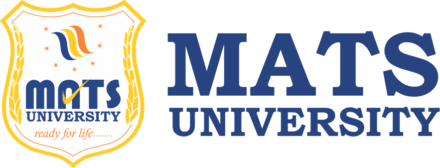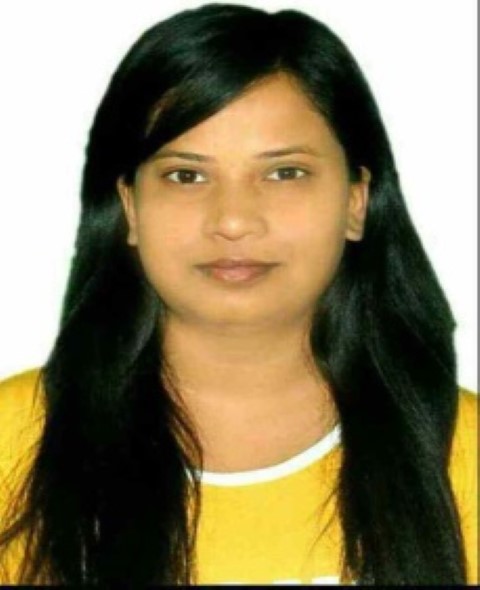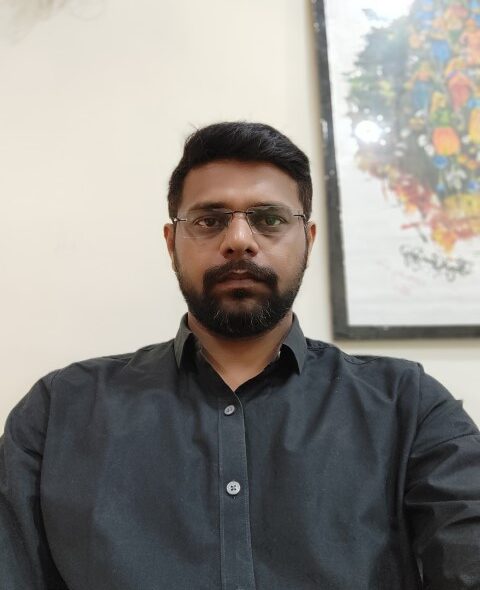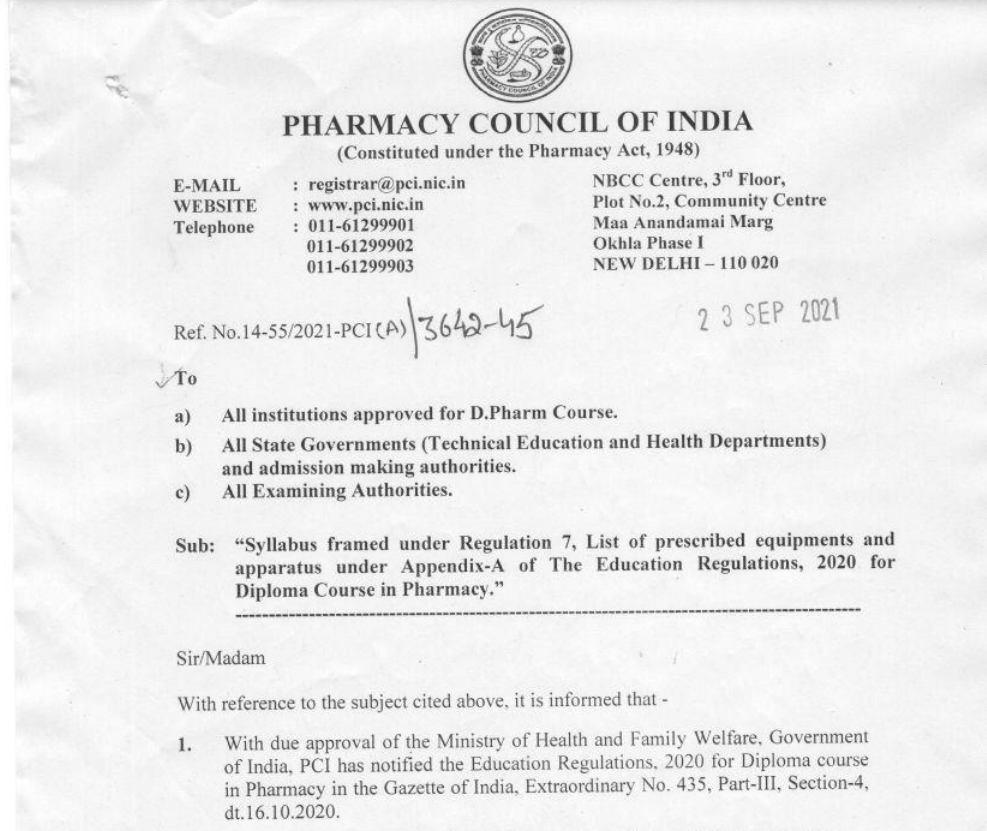MATS School of Pharmacy
February 28, 2023 2024-03-22 8:03MATS School of Pharmacy
-
About us
-
Faculty & Staff
-
Syllabus
-
Event & Activity
-
Gallery
-
Notice
-
Placement Corner
-
Research & Publication
-
E-Content
-
Blog
-
Ordinance
About
About School of Pharmacy
School of Pharmacy is established under MATS University and affiliated to Pharmacy Council of India, New Delhi in the year 2022 which aims to offer Graduate and Diploma Programmes in Pharmaceutical Sciences. Our programme would shape pharmacists to pave a way towards progressive healthcare. It is our earnest effort in creating individuals who will fortify the healthcare system by working alongside healthcare practitioners.
The curricula has been are designed by the academics and industry practioners, to nurture and develop young minds into responsible Pharma Professionals who will contribute ethically to the future of Pharma Industry, all small government, Hospitals, Community, Society and Health-care system at large .
Programmes are delivered through extensive practicals in laboratories in addition to the theoretical study. Our University's futuristic healthcare model is an ideal place for an aspiring pharmacist to gain experiential training from the most accomplished professors in the industry.
From a multinational trading company to a bank to a chartered accountant, the basic background required would be in the field of commerce. Knowledge in the area of commerce helps both at micro decision making for an organization and macro level- international trade and commerce.
Location: Courses Running in Main Campus, Gullu Aarang.
Bachelor of pharmacy program insights
Sessional Exams:
Two Sessional exams shall be conducted for each theory/practical course as per the schedule fixed by the university. The scheme of question paper for theory and practical Sessional examinations is as per PCI norms
Industrial training (Desirable):
Every candidate shall be required to work for at least 150 hours spread over four weeks in a Pharmaceutical Industry/Hospital. It includes Production unit, Quality Control department, Quality Assurance department, Analytical laboratory, Chemical manufacturing unit, Pharmaceutical R&D, Hospital (Clinical Pharmacy), Clinical Research Organization, Community Pharmacy, etc. After the Semester- VI and before the commencement of Semester - VII, the student shall submit satisfactory report of such work and certificate duly signed by the authority of training organization to the head of the institute. student shall submit a printed report (in triplic on the practice school he/she attended (not n than 25 pages).
Along with the exams of seme VII, the report submitted by the student, knowle and skills acquired by the student through prac school shall be evaluated by the subject expert college level and grade point shall be awarded.
Award of Ranks and Medals:
There shall be awarded on the basis of final CGI However, candidates who fail in one or m courses during the B.Pharm program shall not eligible for award of rank. Moreover, the candidat should have completed the B. Pharm program minimum prescribed number of years, (four year for the award of Ranks.
Award of degree:
Candidates who fulfil the requirements mentione above shall be eligible for award of degree durin the ensuing convocation.
Duration for completion of the program o study:
The duration for the completion of the program shal be fixed as double the actual duration of the program and the students have to pass within the said period, otherwise they have to get fresh registration.
Pharmaceutics Laboratory: Pharmaceutical Laboratory Training for preparation of dosage, Analysis of content of dosage forms Pharmaceutical Chemistry LaboratoryPractical and testing of chemical, Studying nature of chemical reactions Preparation of the compounds.
Pharmaceutical Analysis Laboratory: Analysis of drug samples for assessing percentage of purity
Pharmacognosy Laboratory: Practical and analysis of medicinal pla Learn to identify the plant and medicin value
Pharmacology Laboratory: To study human body and effects of drugs
Diploma in pharmacy program insights
Competencies for the Indian D.Pharm Holders Competency is defined as "A distinct composite of knowledge, skill, attitude and value that is essential to the practice of the profession in real life contexts". The candidates who successfully complete the Diploma in Pharmacy (D.Pharm) program of Education Regulations 2020 (ER- 2020), from the institutions approved by the Pharmacy Council of India are expected to attain the following professional competencies.
1. Review Prescriptions
2. Dispense Prescription / Non-Prescription Medicines
3. Provide Patient Counselling/Education
4. Hospital and Community Pharmacy Management
5. Expertise on Medications 6. Proficiency on drugs/pharmaceuticals
7. Entrepreneurship and Leadership
8. Deliver Primary and Preventive Healthcare
9. Professional, Ethical and Legal Practice
10. Continuing Professional Development
Theory Courses:
The theory courses basically provide concepts and explain the relationships between the concepts. Understanding of the theoretical courses enable the students to identify the problems in real life situation and make a plan for addressing such problems. Also, the theory course helps to understand what is not known and thus is the tool for accumulation of knowledge. The syllabus of the theory courses has been systematically and logically described as different chapters and the minimum number of hours to be spent on teaching are mentioned chapter wise and course wise. The teachers shall further distribute the total hours of any given chapter among the sub-topics as required by the subject matter.
Practical Courses:
The practical courses are designed for applying the theoretical knowledge in the given experimental / simulated conditions. The practical courses deepen the understanding of theories, develop the
skills, hone professional competencies, provi opportunities to observe, think and analys problem solving methods. Further, they help to ga experience with the real things in practice. Th teachers shall train the students in actual simulated practical conditions. Tutorials: Th purpose of the tutorial hour is typically to engag the students in smaller groups in order to pay closer attention on their learning process. This is a opportunity for the students to complete thei assignments, develop specific skills, discuss any problems in the study topics in a less formal way During the tutorial hour, the students shal exchange their ideas within a small group, and learn to accept constructive criticism and listen to others. Also, the tutorial hour enables the teachers to closely monitor the progress of the individual student and provide additional academic support if necessary.
Assignments:
The purpose the assignments are to encourage the students for self-directed learning. Further, the assignments will provoke critical thinking, enhance the skills such as literature search, data mining, data interpretation, report formatting, time- management, and written communication. This is also a mode of self-assessment for the student about the level of understanding of the concepts of a particular course. The teachers shall apply their knowledge and wisdom in choosing the assignment topics at a micro level in alignment with the topics given in the syllabus. The assignments shall be evaluated against a set of criteria.
Field Visits:
The purpose of field visits is to provide a real-world experience to the students. The field visits will help them to realize that what they learn within the walls of the classroom / laboratory can help them solve the problems they see in the world around them. Also, this is helpful to the teachers to widen their horizons of knowledge and broadening the scope of the syllabus, Every student shall submit a report describing their objectives, experience, leaking points
Eligibility Criteria
Any other Qualification approved by Pharmacy Council of India as equivalent of the above.






